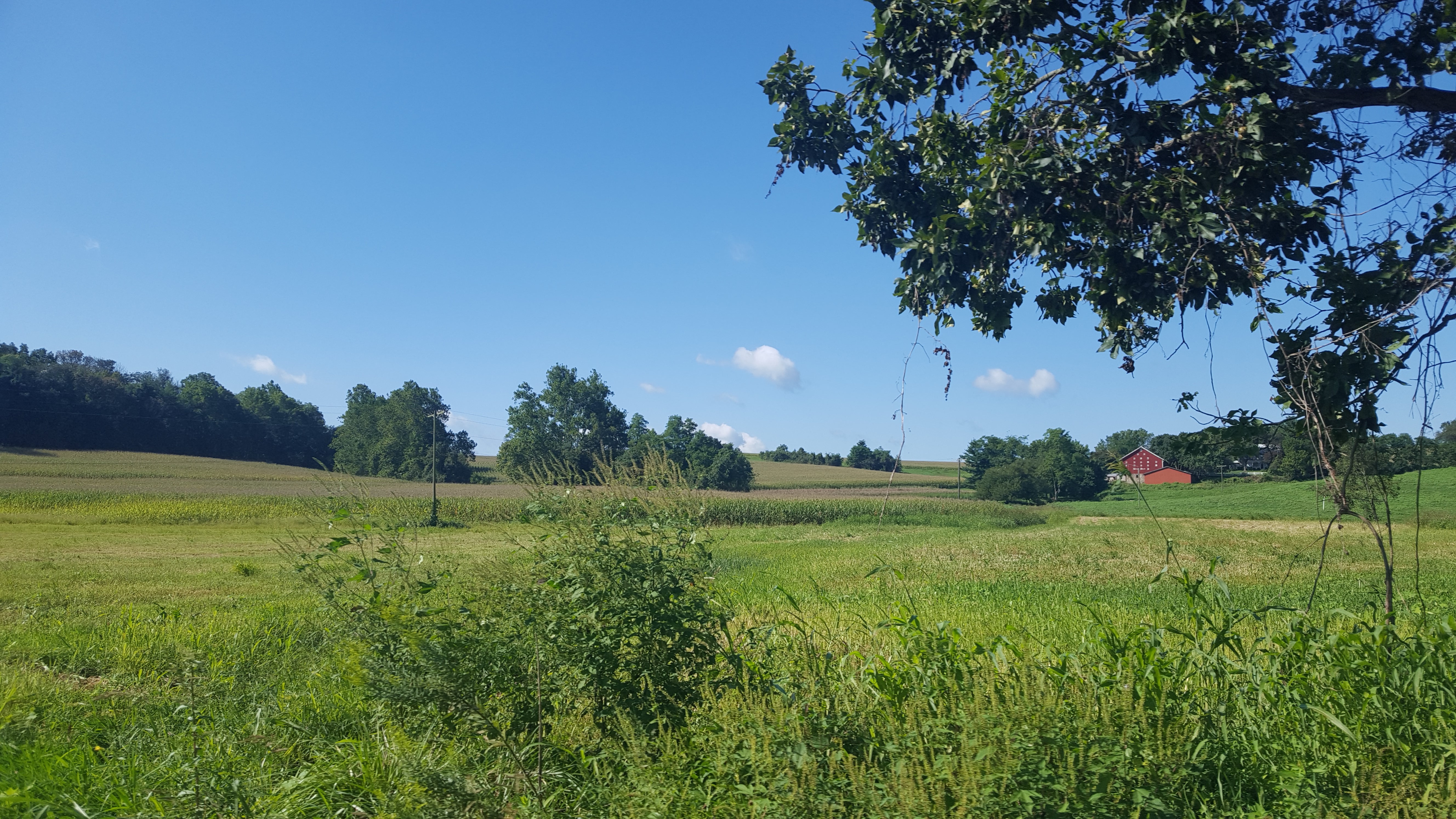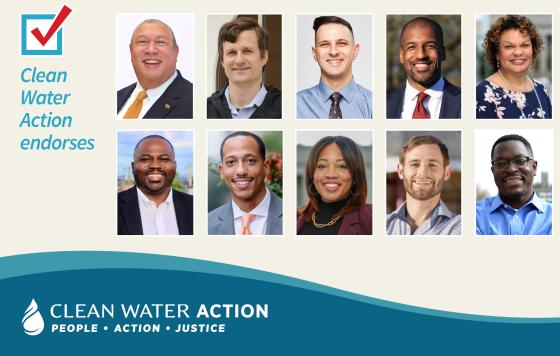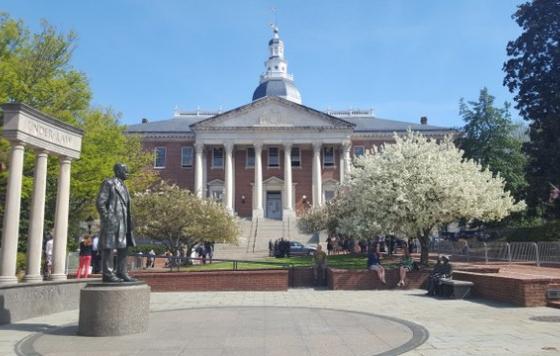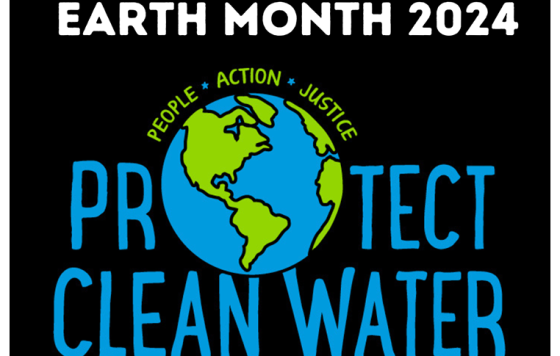
We are continuing to work on legislation to decrease Maryland's reliance on trash incinerators and landfills, improve septic systems, promote environmental justice, and protect our bees. With our allies with the Smart on Pesticide Campaign, we are also supporting a package of bills to improve the resiliency of our food system by supply critical food workers with COVID-19 protections and sick leave.
With this year's legislative session entirely virtual, it is so important that members like you write and call your legislators, submit testimony, and support bills by spreading the word!
- Organic Diversion and Zero Waste: This package of legislation reduces the amount of organic waste heading to landfills and incinerators, clarifies that Maryland law should NOT count burning trash as recycling, establishes extended producer responsibility for packaging, and preemptively bans the chemical conversion of plastic to fuel.
- Better Septic Regulations: Your barber and interior designer are licensed and regulated in Maryland, but the septic industry is not. HB 302 establishes a licensing board for the Onsite Wastewater industry, and HB407/SB22 licenses property transfer inspectors - the people who tell homeowners whether or not a septic system works!
- Environmental Justice: Maryland's Environmental Justice Commission could be an impactful tool to promote decisions that promote environmental justice, but over the years it has languished. We are supporting a rechartering of the commission to include more community involvement, more transparency, and to have it play a role in reviewing agency plans and some proposed legislation.
- Pollinator Protection Act of 2016: The legislation needs a technical fix! The legislation was intended to restrict the sale of neonicotinoid pesticides to only registered pesticide applicators, but it has been interpreted to allow stores that sell to registered pesticide applicators to ALSO sell to the public.
- Worker Protections: Healthy food workers are critical to keep food on our shelves. When workers fell ill to COVID-19, the resulting shock in the food system lead to empty shelves and the mass slaughter (but not for food) of millions of chickens. We are supporting legislation to expand sick leave and to require COVID-19 protections for workers at the workplace and in worker-provided housing.
- PFAS Ban: PFAS is a forever chemical that persists in the environment long after it is used. It is commonly used to create non-stick surfaces, on packaging and pots. HB22/SB195 bans various materials that use PFAS including: firefighting foam, rugs and carpets, and food packaging.
Related Posts
Stay Informed
Get the latest updates and actions:
Thanks for signing up!
There was a problem processing your signup. Please try again.



